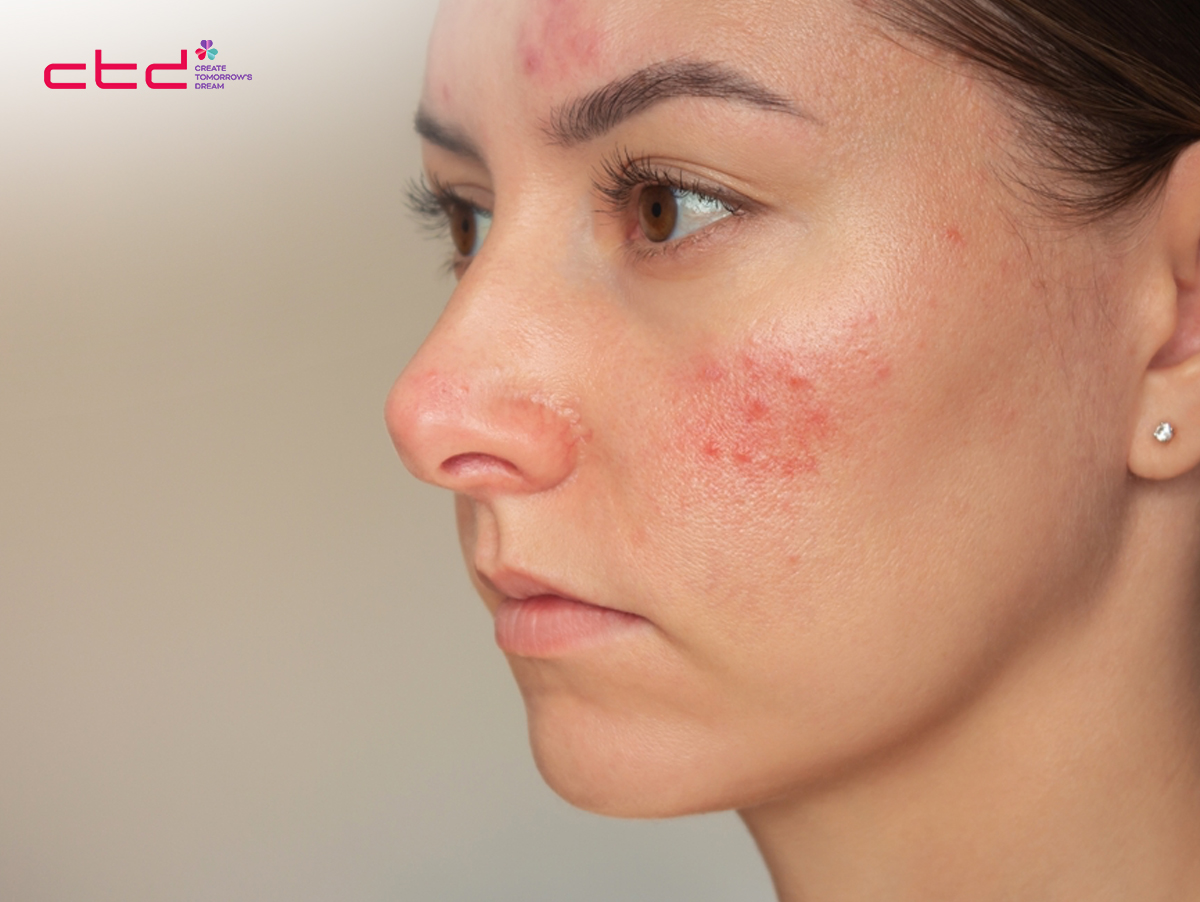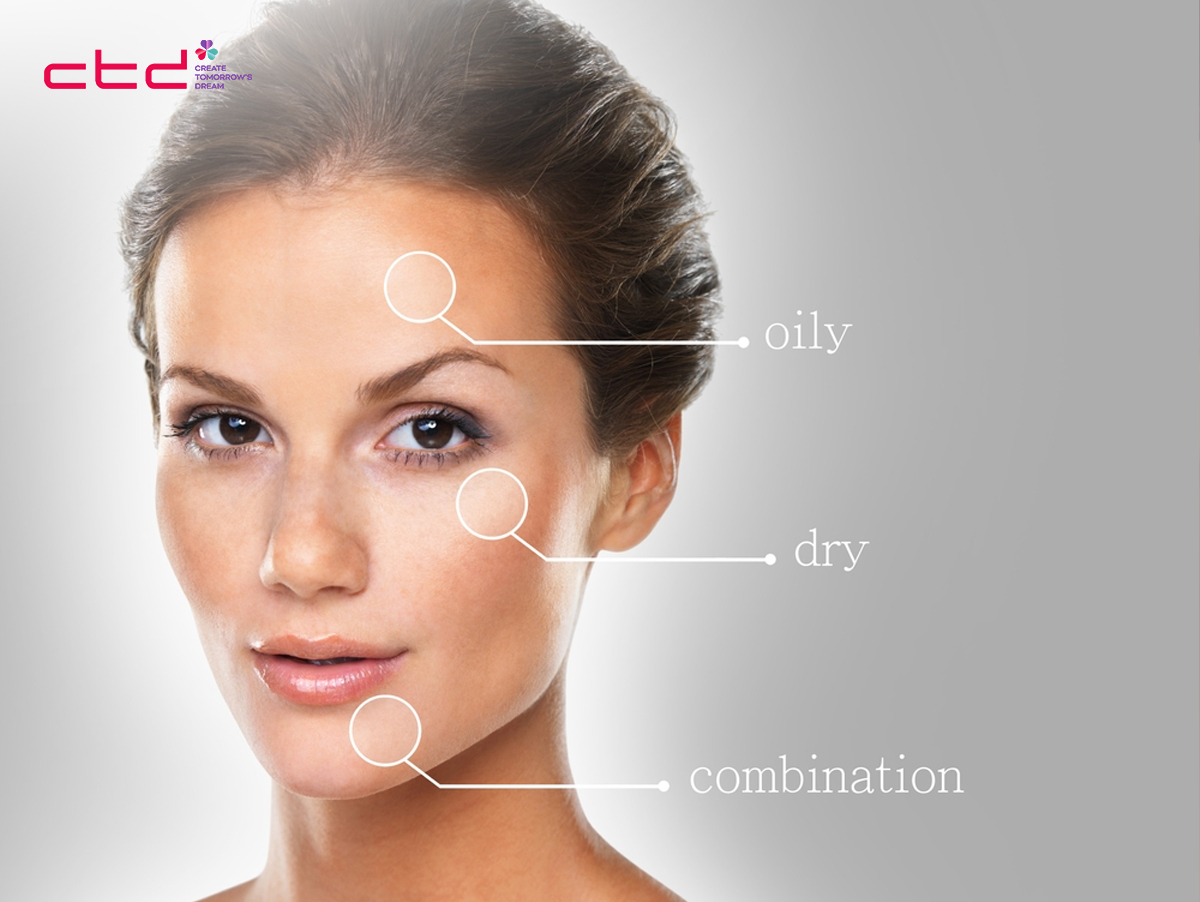Skincare Tips for Acne Skin – Acne-prone skin can often feel like a frustrating, never-ending battle. Oftentimes, acne-prone skin doesn’t just come with a couple of pimples. Instead, breakouts appear just when you least expect them, leaving behind redness, irritation, and sometimes scars that linger long after the pimples are gone.
For many people, the struggle of having acne-prone skin impacts not just their skin, but also their confidence. The good news is, acne doesn’t last forever, and with the right approach, acne can be managed. This simple guide will walk you through simple, dermatologist-backed tips to help you reduce breakouts and support healthier, clearer skin. Read until the end for the best skincare tips you’ll need if you have acne-prone skin. Try these tips immediately to get your glow and confidence back.
What Causes Acne?
Acne can be caused by a lot of different factors. But, the main cause of acne is clogged pores from sebum buildup, dead skin cells, and bacteria. Hormones and stress don’t necessarily cause acne, but they can trigger or worsen acne. For example, during ovulation or puberty in teens, higher levels of the androgen hormone can make the skin’s oil glands larger, causing more oil production that can clog pores. That’s why acne is more common in teens and during the menstrual cycle. But, acne can be a concern at any age, even during adulthood.
How Should You Cleanse?
If you have acne-prone skin, then it’s recommended that you wash your face twice a day with a gentle cleanser. When choosing a cleanser, opt for a gentle, foaming cleanser that won’t dry out or strip your skin of its natural oils. You may think that your skin will be cleaner if you use a strong cleanser, but drying out your skin will just cause irritation, and make oil production worse.
When choosing cleansers, also look for products that are labelled as “non-comedogenic”. This means that the product won’t clog your pores and cause acne. Remember to wash your face gently instead of scrubbing your face to avoid causing irritation.
Do You Need Moisturizer?
Just because acne makes your skin feel greasy all the time, it doesn’t mean that you don’t need moisturizer. If you’re on acne treatments with ingredients like salicylic acid, benzoyl peroxide, adapalene, and other common acne treatments, then using a moisturizer is especially important as these ingredients can dry out the skin. The truth is, when your skin becomes dry, your skin will react with producing more oil. The extra oil can clog your pores, which may lead to more breakouts.
The key to moisturizing for acne prone skin is to choose a lightweight, non-comedogenic formula. Gel and water based moisturizers are better for acne prone skin compared to heavy creams and lotions that are oil based and can clog pores.
Are Spot Treatments Necessary?
Spot treatments with benzoyl peroxide or sulfur can help reduce the size and redness of active pimples. They are most effective when used directly on breakouts rather than all over the face. However, patience is important. These treatments don’t work overnight, and consistent use is key.
What About Sunscreen?
While sunscreen may not directly treat acne, it’s still an essential part in your skincare routine. Sunscreen can reduce the inflammation caused by acne, while also preventing dark spots from acne scarring. Opt for non-comedogenic formulas that won’t clog your pores.
Taking care of acne-prone skin requires consistency and patience. Gentle cleansing, regular moisturizing, daily sunscreen, and the right targeted treatments can make a huge difference over time. Acne doesn’t define you, but with the right approach, you can take control of your skin and boost your confidence. If over-the-counter products aren’t enough, consider consulting a dermatologist for personalized solutions.
Sources:
- https://www.aad.org/public/diseases/acne/causes/acne-causes.
- https://www.aad.org/public/everyday-care/skin-care-basics/dry/oily-skin.
- https://www.aad.org/public/diseases/acne/skin-care/moisturizer.
- https://www.katesomerville.com/blogs/news/does-sunscreen-help-acne-an-expert-guide?srsltid=AfmBOooU5MzKM4T-jG19mStaubdhzjJaAaNfhieffJj1j_g1gxwB3wVR.




